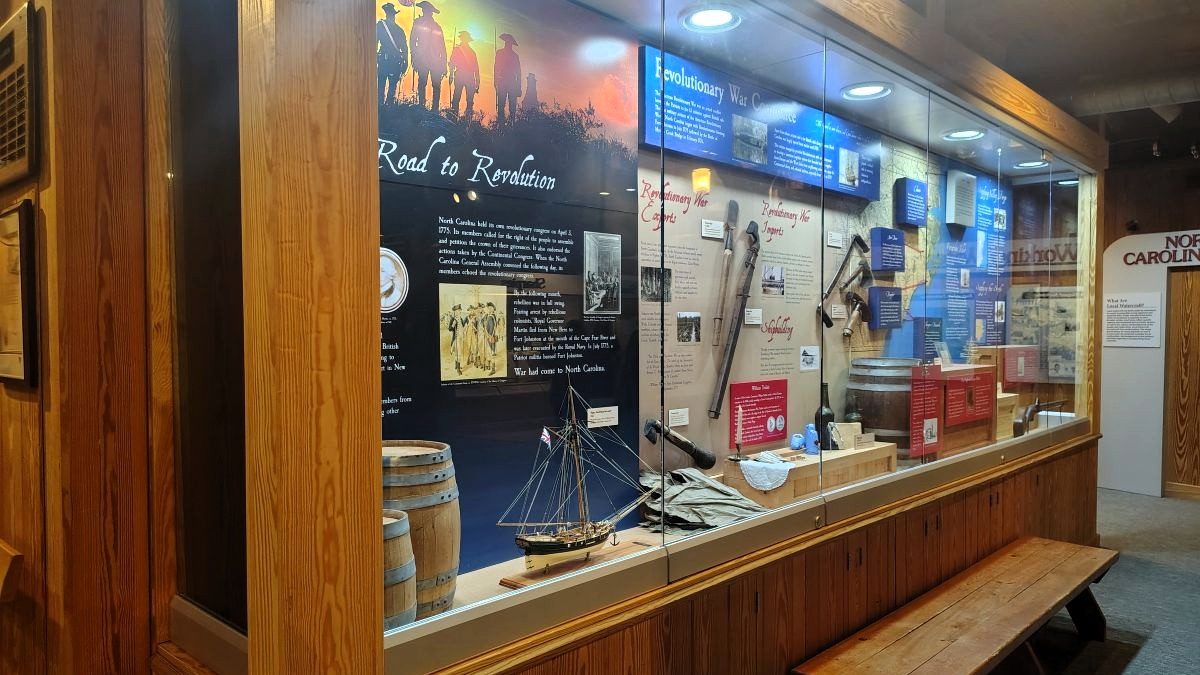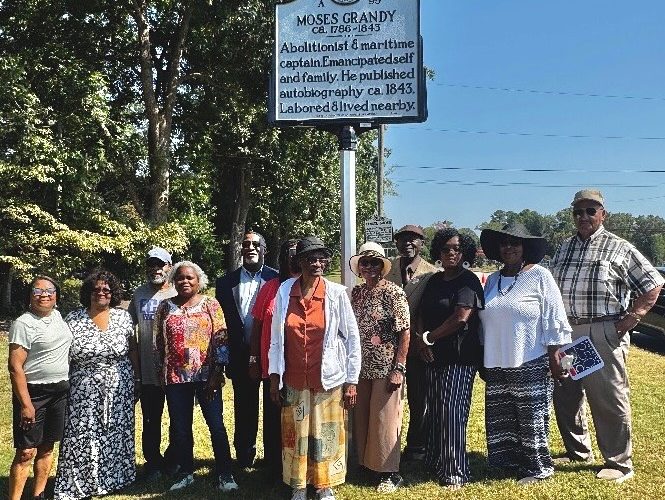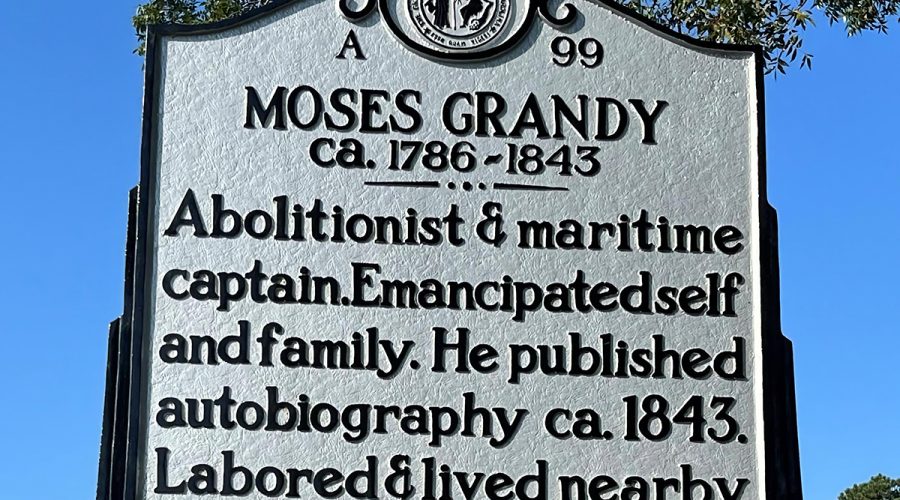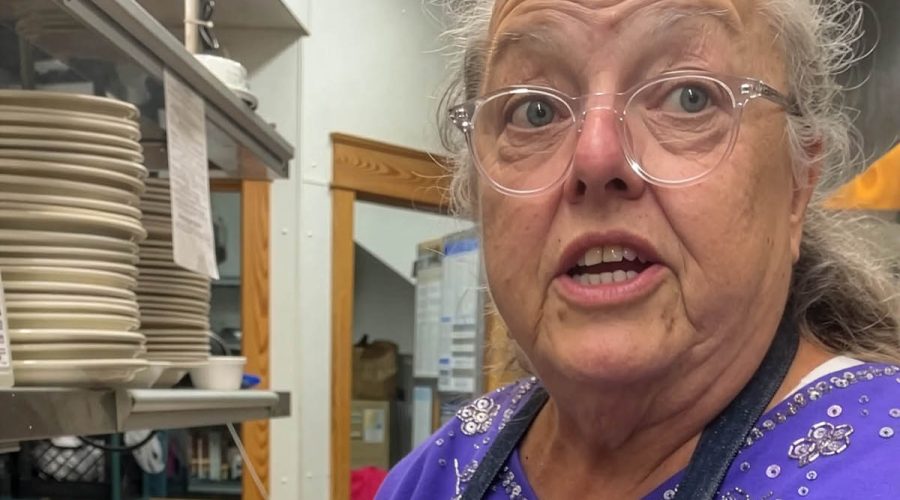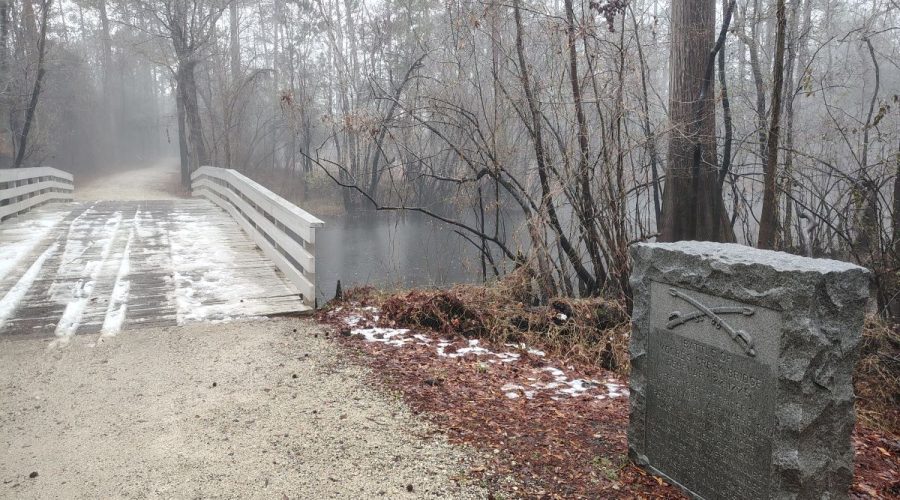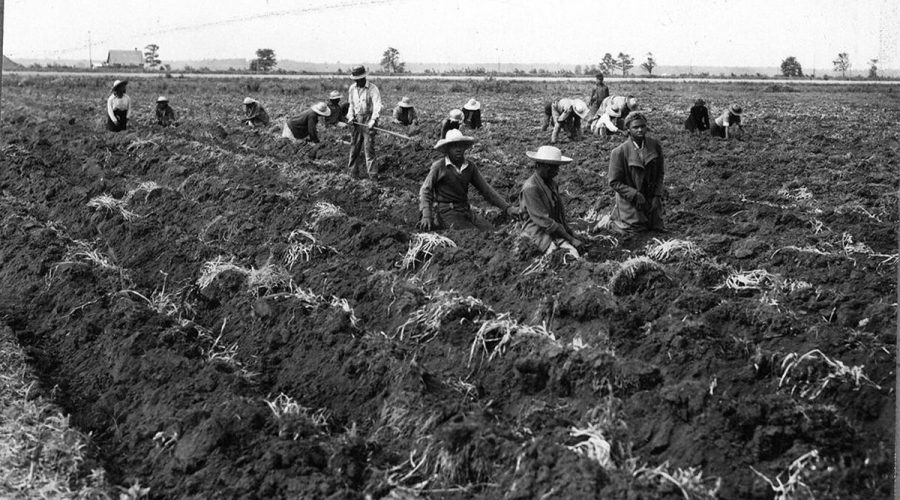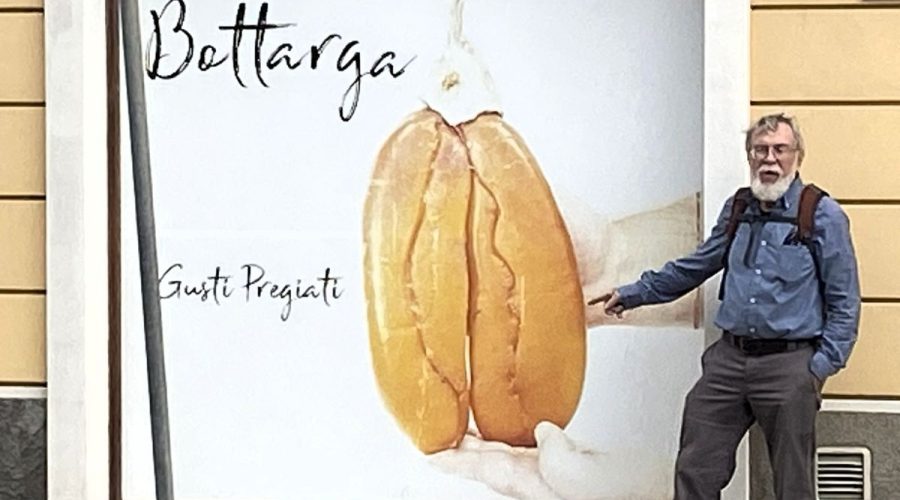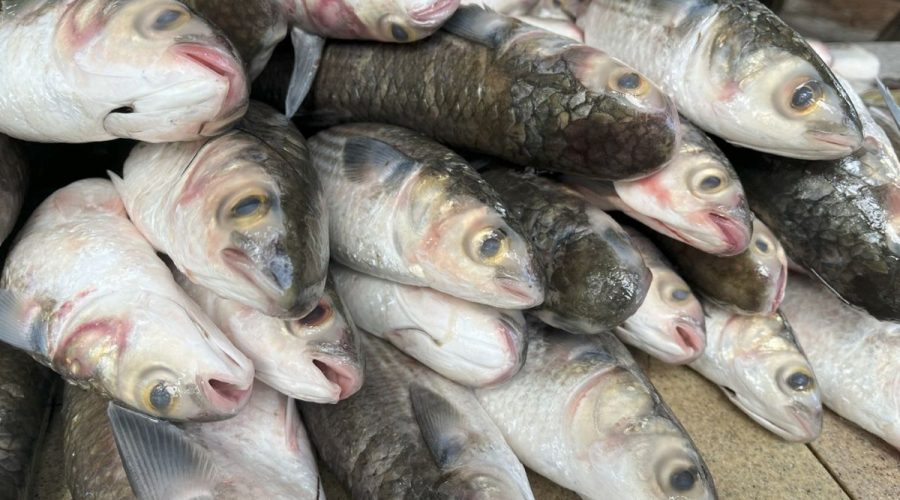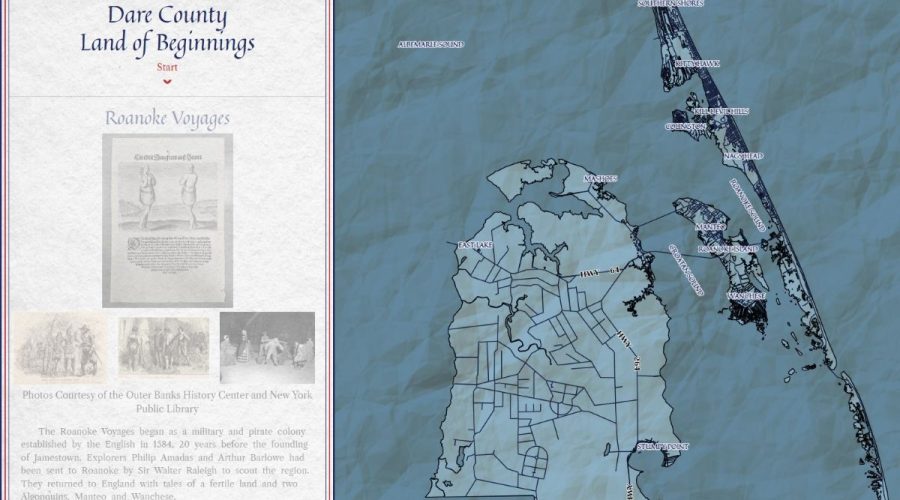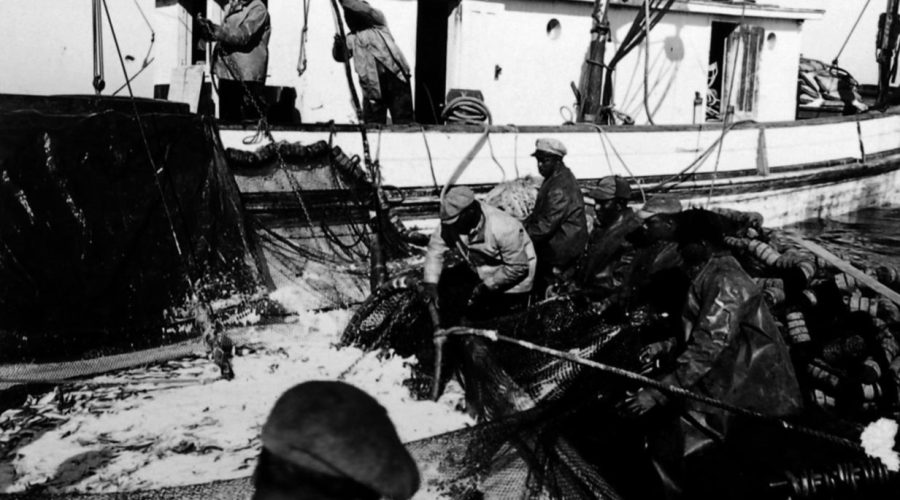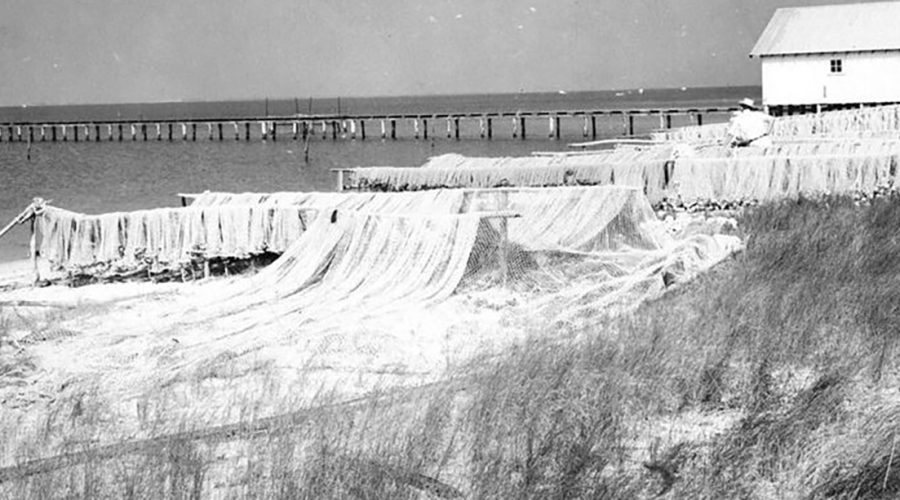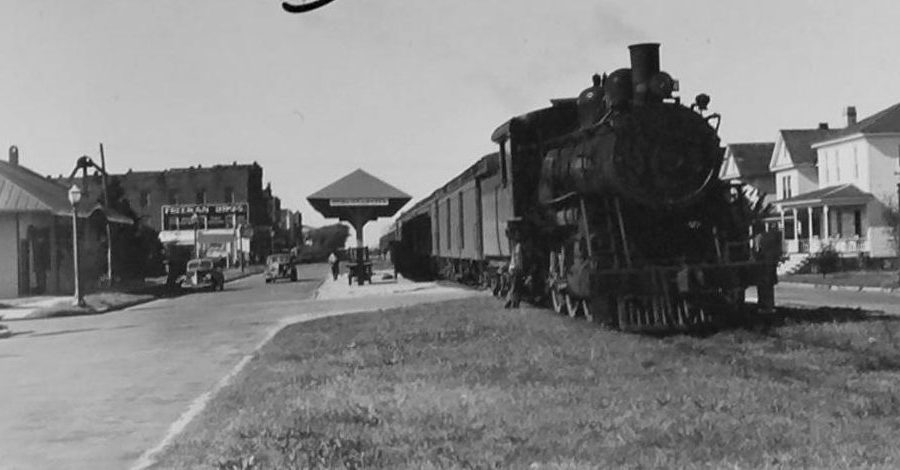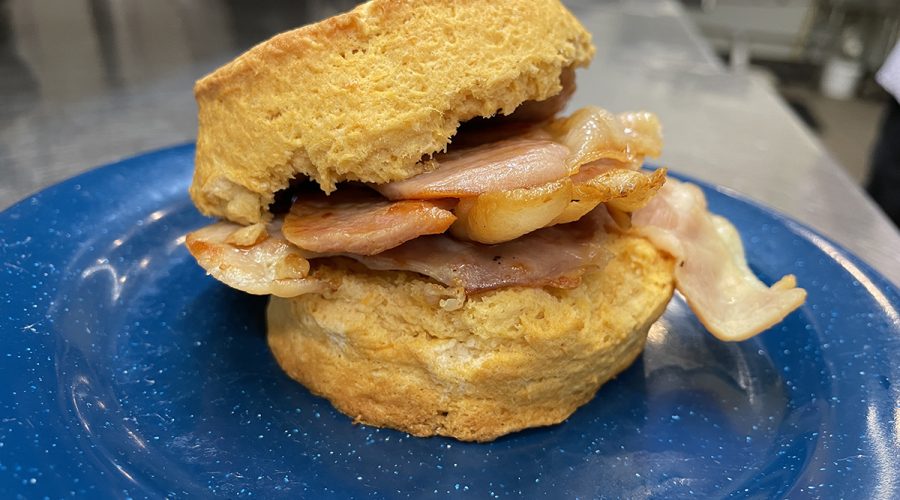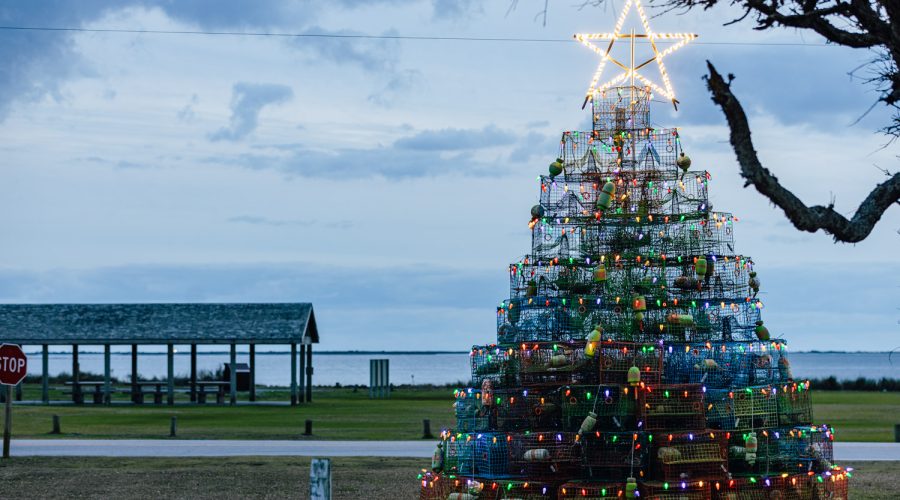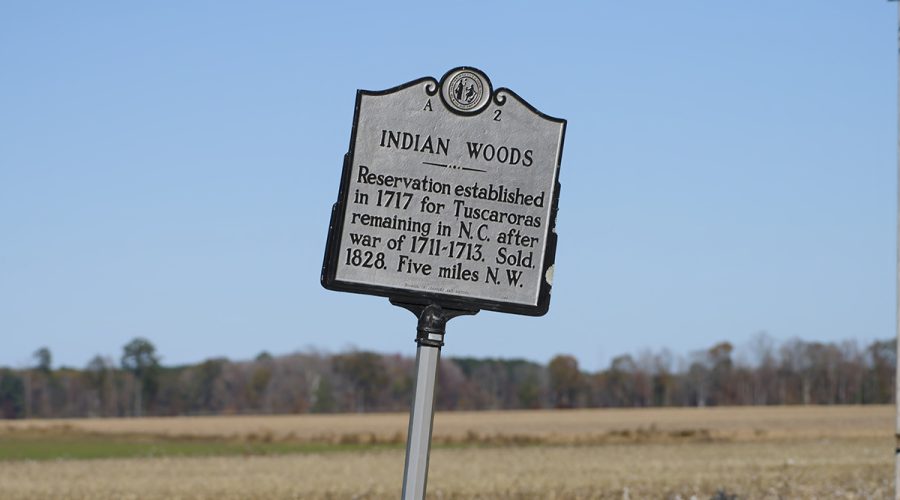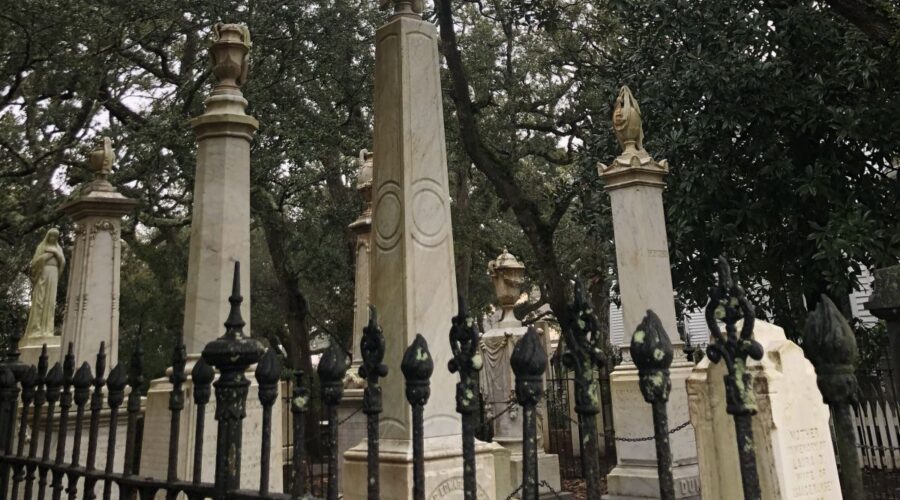While the museum was closed to the public, staff revamped the inside and added new exhibits that highlight the state’s role in the Revolutionary War and recreation on the coast.
Culture & History
Moses Grandy’s eventual freedom came at great cost
Second of two parts: Moses Grandy, born enslaved in Camden County, made three attempts to purchase his freedom, and he secured his family’s freedom, too.
Enslaved in Camden County, Moses Grandy knew its cruelty
A highway marker erected last fall honors Moses Grandy of Camden County, whose life story helped elevate understanding of the institution’s brutality and increase calls for its abolition.
How this famous Outer Banks cook made ‘Banker’ fish cakes
To taste a fish cake in the style of coastal North Carolina “Bankers,” the name locals use for the ancestral residents of these islands, is to take a bite of history.
Pender County event honors patriots’ first win of Revolution
Moores Creek National Battlefield, the site where, on Feb. 27, 1776, the first decisive victory of the American Revolution took place, ending English authority in North Carolina.
Our Coast: Federal Writers’ Project’s Muriel Wolff in Terra Ceia
Muriel L. Wolff while working for the Federal Writers’ Project spent several weeks during May 1938 interviewing people in Beaufort County’s Terra Ceia, where Dutch immigrants, African Americans, and others tried to make a new home in hard times, historian David Cecelski writes.
‘The Cosmopolitan Mullet,’ Part 2: Back to where it all began
Dr. David Burney and his wife Lida follow their love for mullet from Down East Carteret County to Sardinia, “the very heartland of one of Italian cuisine’s most famous products, bottarga di muggine, our own beloved mullet roe” in the second installment of a series special to Coastal Review.
‘The Cosmopolitan Mullet,’ Part 1: From here to the world
“To the folks of Down East Carteret County, and some locals throughout coastal NC, however, the ‘jumpin’ mullet,’ as they call it, owns a special place in their hearts and kitchens,” Dr. David Burney writes in the first installment of a special series about the “lowly baitfish.”
Dare County begins America’s 250th commemoration
Dare A250, the county’s planning committee for America’s 250th, has begun celebrating with an interactive map and passport program that focuses on Dare’s contributions to the nation’s origins.
‘Smell of money’: Menhaden Chanteymen’s music still echoes
The last surviving member of the Menhaden Chanteymen of Beaufort’s former industry has died, but while “Fishtowne’s” processing plant and its associated aroma are in the past, the once-proud laborers’ work songs live on.
Our Coast: On the shores of Harkers Island, 1944
Historian David Cecelski looks beyond the tranquil scene in this image featuring Capt. Stacy Davis, his fish house and nets on Harkers Island, and at the great upheaval here in the years between the 1933 hurricane and just after World War II.
Our Coast: On the ‘Old Mullet Road’ 1942
Historian David Cecelski looks in this photo-essay in his “Working Lives” series, at several photographs that feature workers on a railroad that old timers called the “Old Mullet Road.”
This biscuit that brings farmers to tears becomes rarer find
One chef’s recipe, inspired by family and honed over years, is a reminder that simple food holds history, emotion and possibilities.
Holiday lights are aglow ahead of annual Waterfowl Weekend
The Core Sound Waterfowl Museum and Heritage Center is celebrating the holidays and heritage with its annual Waterfowl Weekend set for Friday through Sunday at the museum on Harkers Island.
Tuscarora War, hazel eyes: Researcher traces tribe’s lineage
There were numerous factors at play that sparked the Tuscarora War in 1711, historian and descendent Dr. Arwin Smallwood explains the tensions among the tribe that inhabited much of eastern North Carolina and the influx of colonists.
Records point to 13 unmarked graves in Old Burying Ground
Carteret County native Bill Lewis has spent the last few years digging through records to corroborate what he’s always heard: that 13 of his ancestors are buried in unmarked graves in the Old Burying Ground.

